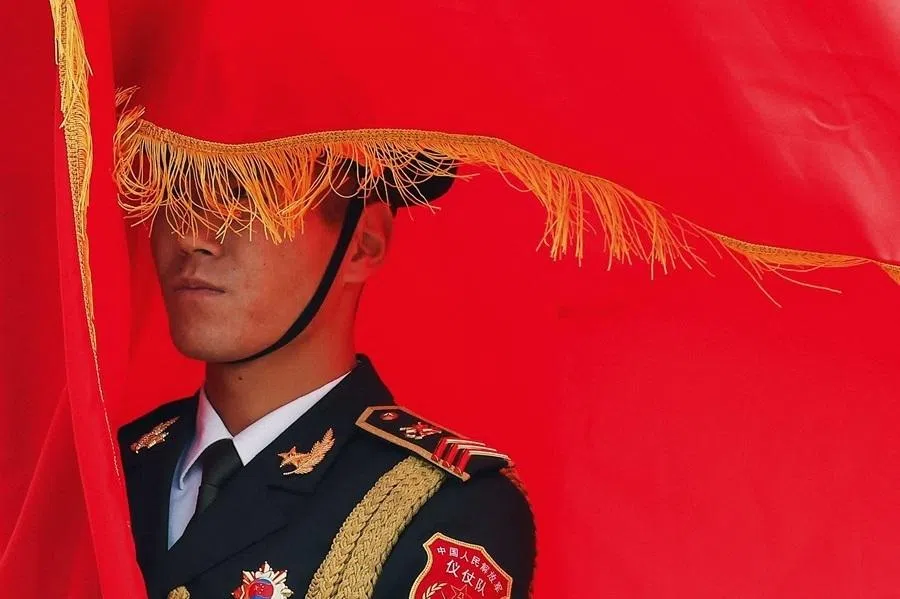It works for Macau, why not Hong Kong?
The Macau SAR is in a celebratory mood, busy preparing for the 20th anniversary of its return to China. On the other side of the estuary, the Hong Kong SAR has been in turmoil for the past four months with no hint of a reprieve. China's two SARs are facing circumstances that are poles apart. Why?
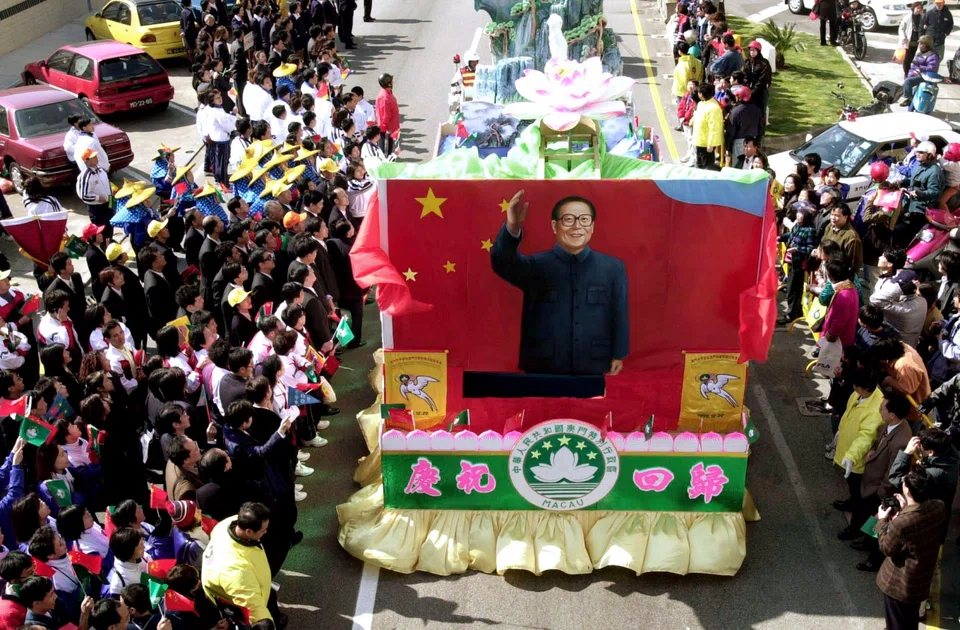
In less than two months, China will celebrate the 20th anniversary of the return of Macau. The Macau SAR is bustling, busy preparing for a series of celebratory events. On the other side of the estuary, the Hong Kong SAR has been in turmoil for the past four months over the controversial extradition bill, with no hint of a reprieve. Both SARs uphold the principle of "one country, two systems", but are facing circumstances that are poles apart, inviting much comparisons and discussions about the two cities.
In Beijing for a seminar, Huang Liuquan, Vice-Director of the Hong Kong and Macau Affairs Office of the State Council, complimented Macau for its implementation of the "one country, two systems" policy in a way that is characteristic of Macau, lauding it as a successful model from which Hong Kong can learn.
Assessing the results of the implementation of the "one country, two systems" policy under these different circumstances is unfair to Hong Kong, just as it is unreasonable to ask that Hong Kong duplicate Macau's success model.
No one would dispute the preponderance of statistical reports that illustrate Macau's impressive economic growth since its return. For example, its GDP in 2018 was eight times higher than its GDP in 1999, increasing from a mere MOP$49.2 billion (S$8.3 billion) to a whopping MOP$440.3 billion. In the same period, its GDP per capita saw an increase of nearly five times, a rate that ranked second globally. These spectacular numbers are what justify the Beijing official's high praise for Macau.
However, it is important to recognise that while Hong Kong and Macau are both SARs, the regional and political state of affairs are very different in the two locales. Thus, assessing the results of the implementation of the "one country, two systems" policy under these different circumstances is unfair to Hong Kong, just as it is unreasonable to ask that Hong Kong duplicate Macau's success model.
The Macau SAR has much to learn from the challenges that Hong Kong has faced in recent years. This is a much more urgent and practical agenda.
To most people in Macau, the 442 years of Portuguese rule were a miserable failure. They felt a strong sense of belonging to China and welcomed the handover. This was not the case for Hong Kong, which preferred to maintain the status quo under the UK's competent rule. This makes it more difficult for Beijing to gain control over Hong Kong, and once its economy and political scenes take a turn for the worse, it becomes easy for Hong Kongers to harbour nostalgia for the days of British rule, with some even flying the British Hong Kong flag.
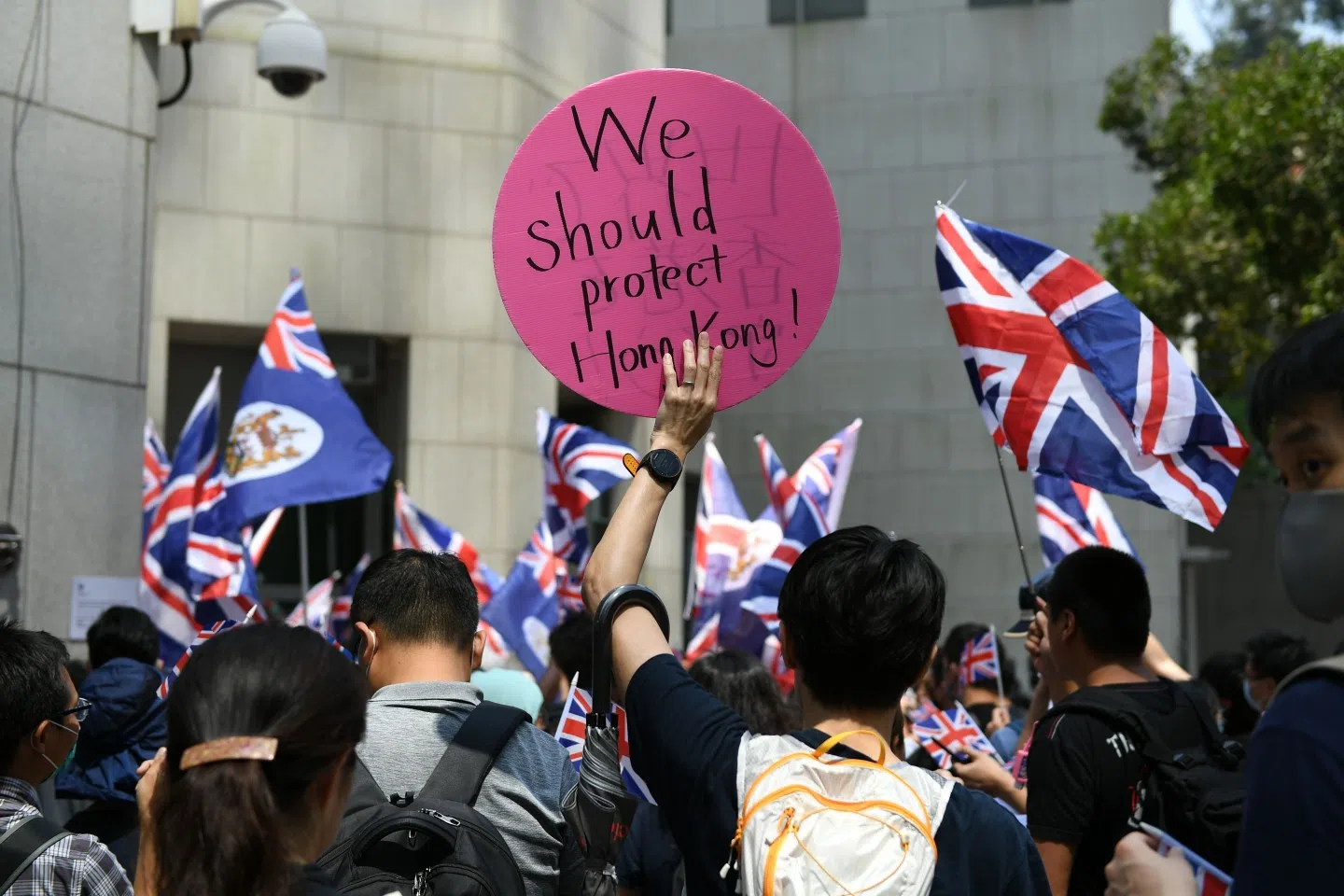
Additionally, before its recent rise to become an international metropolis, Macau was always an unassuming Asian gambling den incapable of attracting foreign attention. By contrast, Hong Kong has always enjoyed its status as a globalised city with extensive external networks. The existence of long-term foreign powers in Hong Kong is thus unsurprising. With direct and indirect foreign intervention, China's implementation of the "one country, two systems" policy in Hong Kong is far more complicated than the implementation of the same policy in Macau.
In light of this, if we are to make a meaningful comparison between the Hong Kong SAR and Macau SAR's implementation of the "one country, two systems" policy, we would note that the Macau SAR has much to learn from the challenges that Hong Kong has faced in recent years. This is a much more urgent and practical agenda.
There has been a rise in identity issues in Macau and Hong Kong since 2010. Although both cities have witnessed China's economic development, the 1980s and 1990s generations born and raised in Macau also witnessed the erosion and contraction of their living environments and lifestyles. This has engendered in them a distaste for Mainland China and escalated their local identity as residents of Macau.
Two examples exemplify this rise of localisation. The first was seen during the memorial of the Tiananmen Square protests held in 2015, in which the organising party, the United Citizens Association of Macau, removed the song "China Dream" (《中国梦》) from the programme, though it had been sung in Macau for a quarter of a century. By doing so, the United Citizens Association of Macau demonstrated sympathy for the rising trend of localisation among Macau's younger generation.
However, Macau's economy is heavily dependent on its gambling industry, which contributes up to 70% of its GDP. Macau should not and cannot afford to stop gamblers from the Mainland from entering its shore.
A second example is seen in the fact that, ever since the 2014 Occupy Movement in Hong Kong, the term "Greater China" has been marginalised, with political leaders openly supporting ideas of localisation. This wave of localisation has been picked up by neighbouring Macau, and even demonstrated in the speech of António Ng, member of the Macau Legislative Assembly. Belonging to the pan-democracy camp, Ng upholds the conventional Greater China ideology, but have also advocated localised terms such as "city-state" in his opinions and commentaries.
Upon deeper analysis, we observe that the driving force behind the rise of localisation in Macau is strikingly similar to the situation in Hong Kong. The Individual Visit Scheme that allows Mainlanders to visit Hong Kong on a travel basis is a major point of contention. It allows masses of gamblers from the Mainland to flock to Macau, suffocating the local people to the point of exasperation and forcing them to demand complete localisation of their SAR.
However, Macau's economy is heavily dependent on its gambling industry, which contributes up to 70% of its GDP. Macau should not and cannot afford to stop gamblers from the Mainland from entering its shore. As a result, localisation in Macau is limited to protecting the local economy and culture.
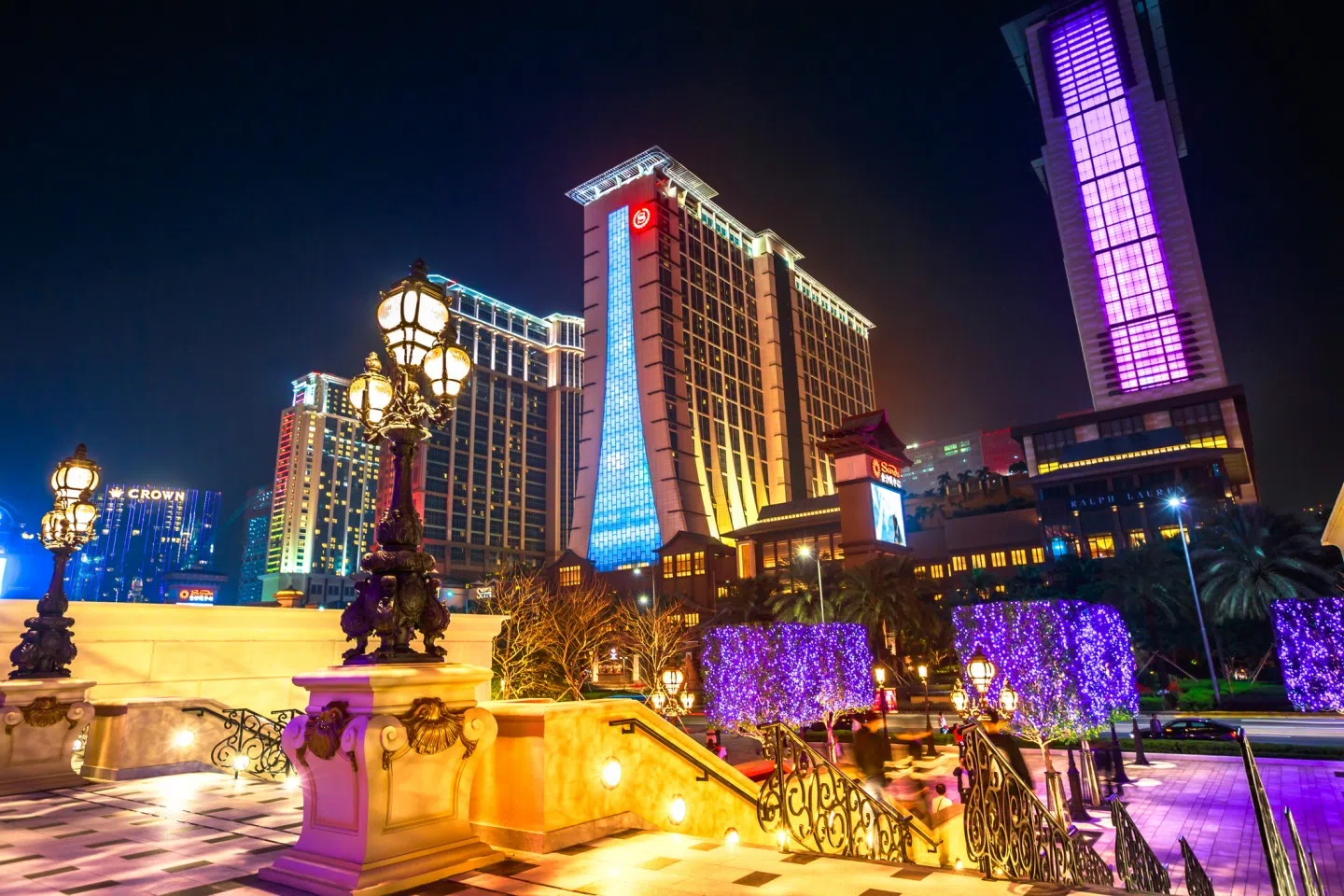
On the economic level, the population in Macau advocates for tighter control on the foreign worker quota, and oppose an equal-pay structure for foreign and local workers. On the cultural level, the local people are not politically demanding, and emphasis is placed on preserving Macau's unique culture and history. Following the recent distribution of generous welfare packages by the Macau government, the rising trend of localisation has actually subsided.
However, should social conflicts intensify once more and populism takes over, the local people might come to believe in the pursuit of an independent Macau, resulting in the sentiment of "today Hong Kong; tomorrow Macau". With Hong Kong as a classic example, the Beijing authorities should stay vigilant, even as they heap their praises on Macau.
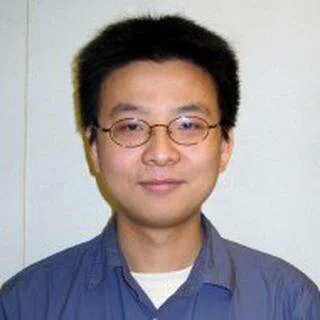


![[Big read] When the Arctic opens, what happens to Singapore?](https://cassette.sphdigital.com.sg/image/thinkchina/da65edebca34645c711c55e83e9877109b3c53847ebb1305573974651df1d13a)

